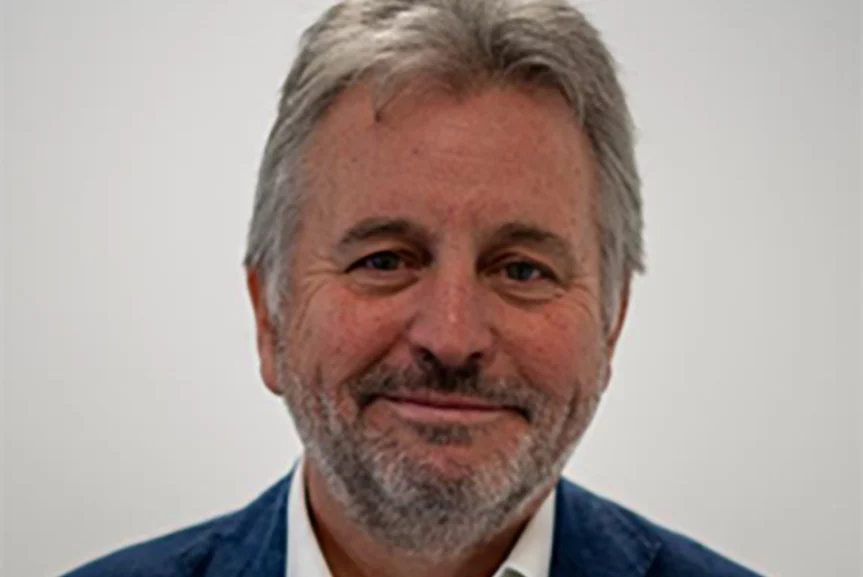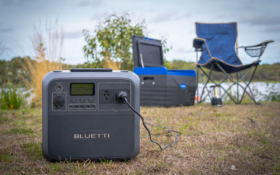A European consortium has been created to develop a more effective circular economy for lithium-ion batteries.
The BeyondBattRec project was launched last year to extend the use of batteries in second-life applications and recover more battery critical materials.
The group is coordinated by Danish institute Aalborg University, and include 12 battery makers, recyclers and research institutes. You can read more about the different partners here.
The end goal is to ensure there’s 70% of recycled materials in the European battery supply chain by 2038.
The partners aim to do this by developing and testing methods of dismantling, deactivating, sorting, recycling and regenerating batteries.
Plans include being at Technology Ready Level (TRL) 5 by 2028, having 2-3 business ready prototype projects prepared by 2030 and installing the first prototype recycling methods into manufacturing plants by 2033.
During that timeframe, the consortium plans to:
- Introduce sustainable processes for recovering electrolytes, binders, and high-purity anode and cathode materials
- Pilot the re-use of recycled materials in new battery cells and design a fully optimised recycling scheme with life cycle assessment (LCA)
- Boost Europe’s autonomy and industrial resilience in battery recycling, aligning with the European Green Deal.
Maximising materials use
By 2038, the project’s partners aim to recover 95% of cobalt, nickel and copper and 80% of lithium from used batteries.
Along the path, it aims to develop better battery sorting methods to reach its target of 70% module recovery and 95% recycling of aluminium.
The partners also aim to create testing methods that will extend the life of batteries by testing their state-of-health (SoH) for suitability in second-life applications.
Plans include a pilot project that re-uses recycled materials in new battery cells and design a fully optimised recycling scheme with life-cycle assessment (LCA).












